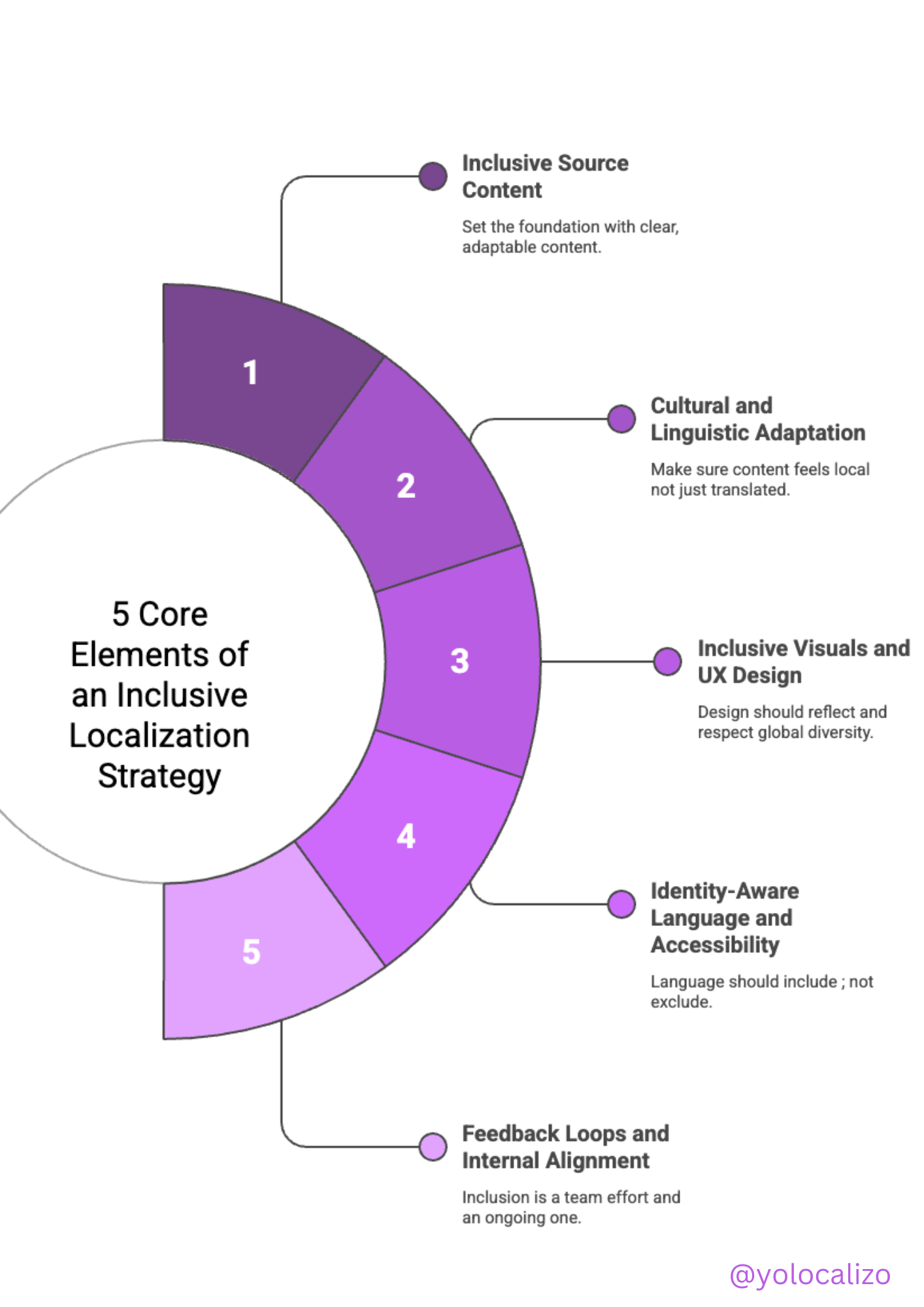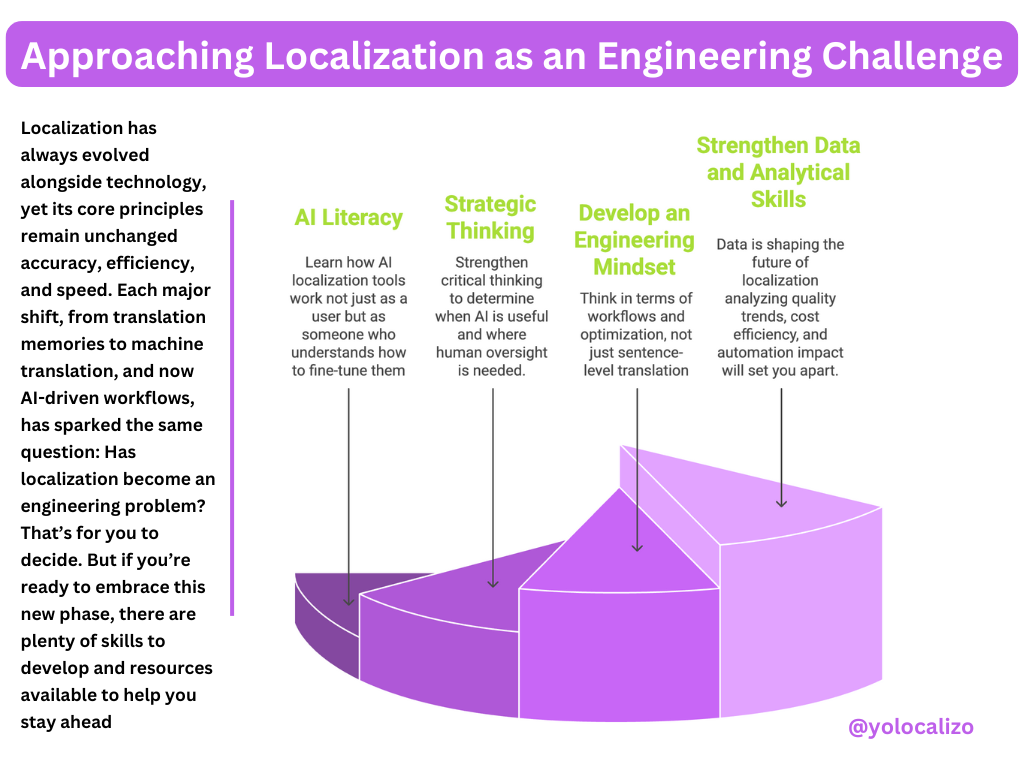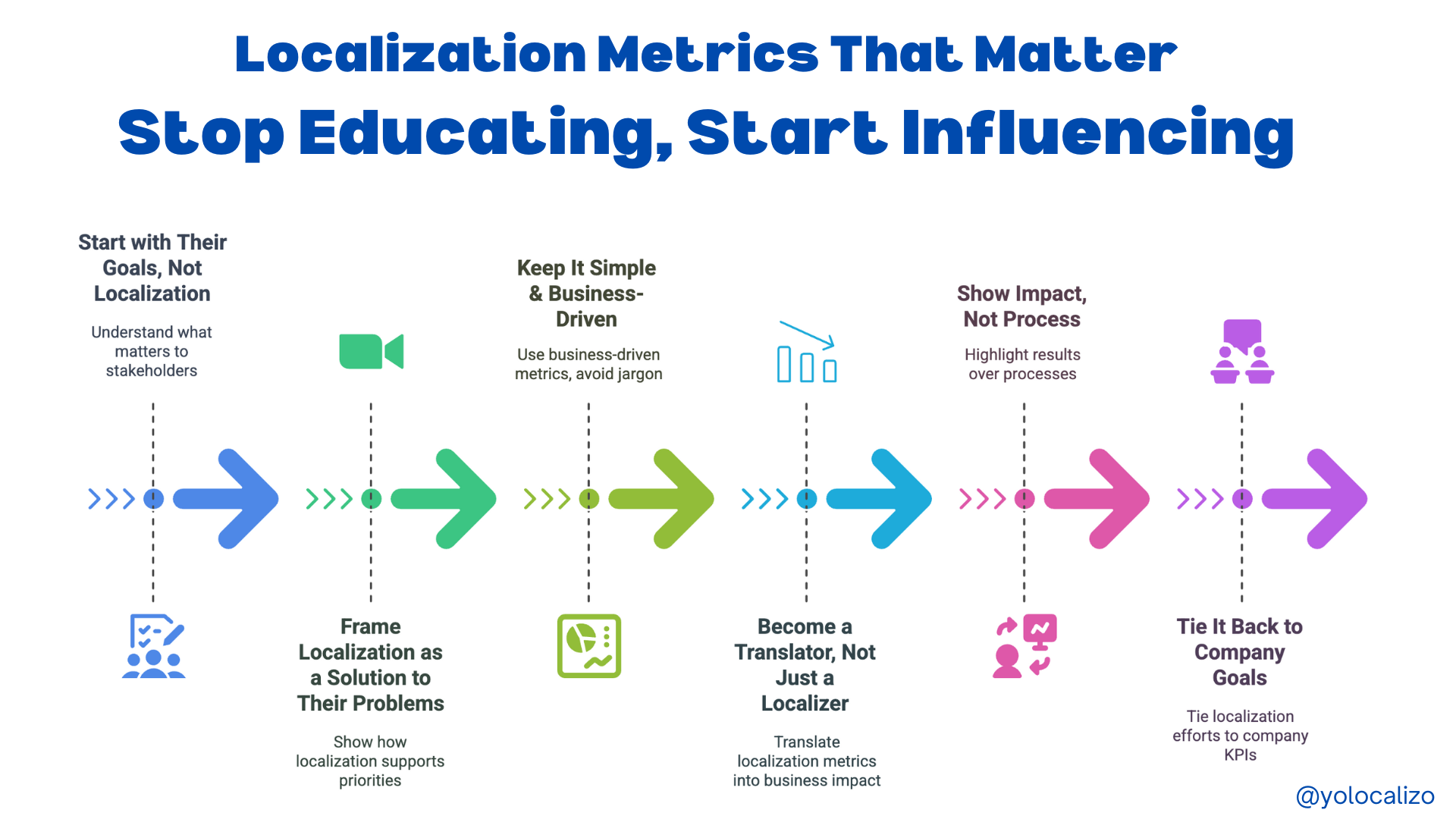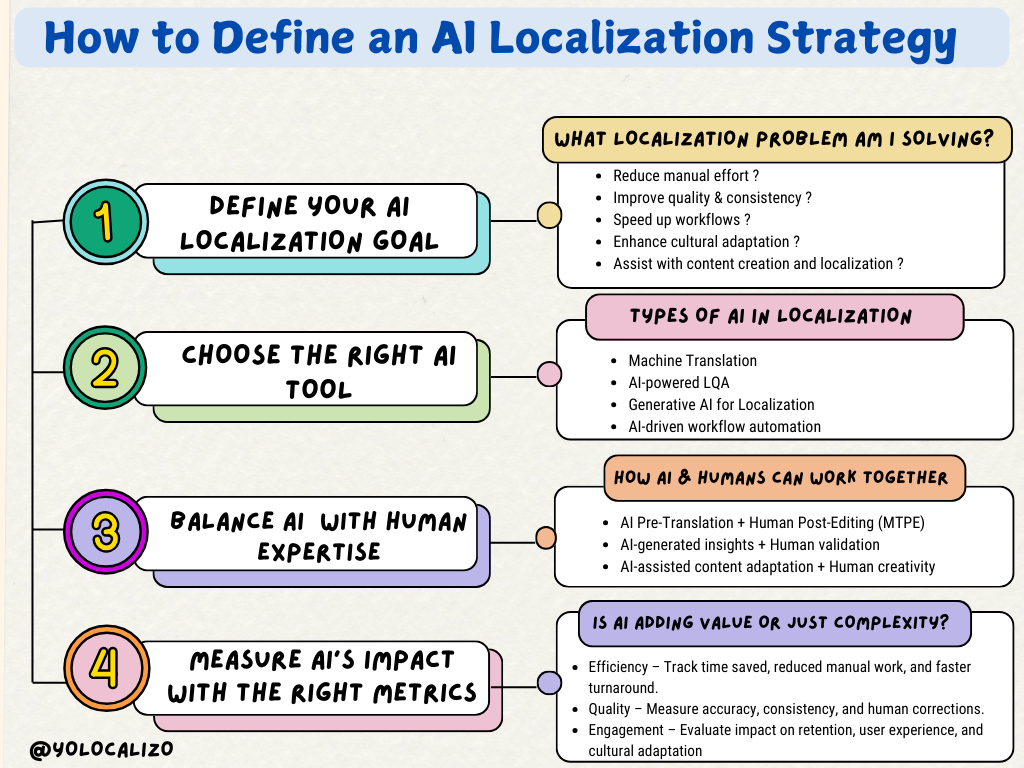Thank YOU at the end of a speech?
The area of public speaking is fascinating! It involves multiple disciplines, control emotions, leadership, psychology, body language … It is so exciting! And of course, the more I read about this topic, the more I watch TEDTalk videos, and the more I get involved in Toastmasters, the more I like it!
It is rare a lunch in which I do not end at some point talking about public speaking J
I guess that's what happens when you are passionate about something. This happened again yesterday. I had lunch with my colleagues at a Japanese restaurant that we have around the office.
I'm lucky because my colleagues are very nice people, and I love
being with them. They are so friendly! Very interesting people indeed! We were enjoying a delicious plate of sushi with miso soup and very tasty rice when the topic about saying
Thank YOU at the end of a presentation came up.
Should we say Thank YOU before closing a presentation/speech?
This is an interesting point, and actually quite controversial. Basically there are 2 theories
- Toastmasters stated that saying Thank YOU at the end of a presentation (or speech) makes you message weak. It makes your last words not as memorable.
- Other professional speakers, work presentations or TEDTalk orators feel a bit violent and rude finishing a talk without saying Thank YOU to the audience
Do you want to know my opinion about this? J
I won’t tell you how you should end a presentation. That’s up to you.
I won’t say that you should always say Thank YOU when you are done.
I won’t say that you should always avoid Thank YOU when you are done.
Alexandre Dumas correctly expressed “All generalisations are dangerous even this one”
In my opinion the most important aspect in this specific topic it's to know your audience and adapt your style.
So, what do we do then?
Let me propose here a couple of ideas.If you decide not to say Thank YOU at the end of speech you need to ensure that the final part has a powerful conclusion. This helps avoid that feeling and fear that I had the first months during my Toastmasters sessions.
It was basically “But how will the audience know that I'm done if I don’t say Thank YOU?
There are several techniques to cue your audience that the speech is over.
My favourite is to link the closing with the beginning of the speech. This can be done by referring to the title of the speech or the first part of the speech. This technique helps to close the circle. You can find an example of this in my essay "Living Better with Less Stuff" belonging to my second Toastmasters project. At the end of the speech I answer the question presented at the beginning.
Another technique is to send signals that the end of the speech is approaching, avoid by all means a very sudden end. The conclusion of the speech deserves time! You cannot finish all in a sudden.
Examples about how to send signals that we are approaching the end are:
- As we have discussed today there are 5 steps about how to deliver an effective presentation ...
- As I have shown today it is possible to innovate in processes and creativity ...
- Before ending this presentation let me ask you a question "how can we improve our level of quality in translations of our games? Summarising, there are three areas where we must focus our attention. The first is….
If you find that it's absolutely impossible for you to finish a presentation without saying Thank YOU because your feel that’s very rude, you can choose to close the speech in a very polite way!
For example:
It was a pleasure to be here today with this wonderful audience, if there are any questions please let me know now or even better having a beer J in the cocktail we will have at the end of this session
Please note that your last words probably are the first words that your audience will remember. Now it's your turn to think if you want that they remember Thank YOU or something more memorable.













Before jumping on the AI bandwagon: What localization problem are you trying to solve? AI is everywhere right now, including in localization.
But before jumping on the bandwagon, we need to stop and ask:
Are we solving the right problem?